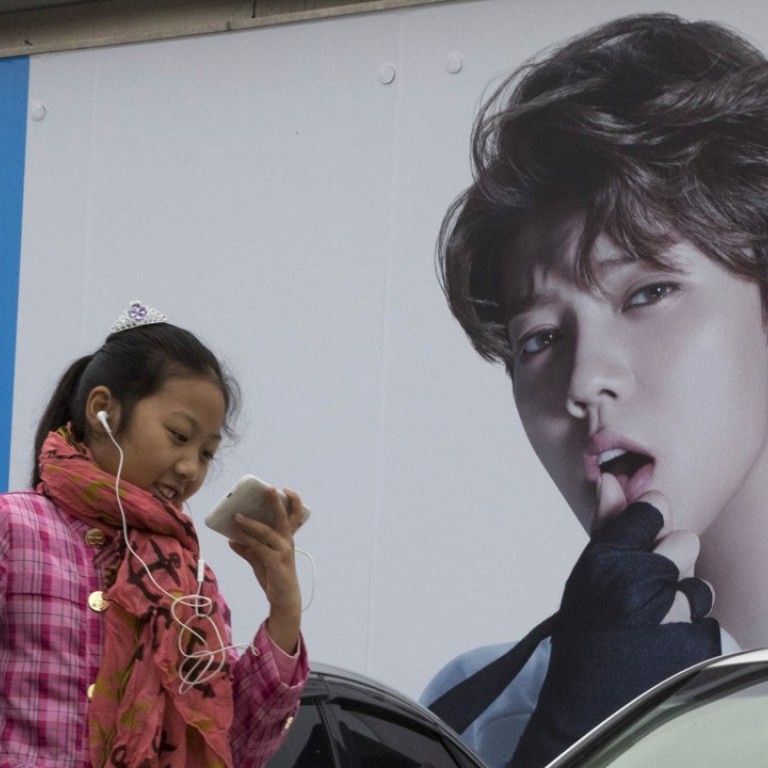China’s under-30s shoppers to drive decade of luxury consumption

Millennials and Generation Z, born in 1980s and ’90s, who make up nearly half nation’s buyers of high-end goods, also turn to less famous brands, says report
The country’s millennials – those people born between 1985 and 1995 – Generation Z – people born after 1995 – accounted for 34 per cent of its discretionary disposable income – those funds left after people have paid their taxes and essential living expenses – in 2015.

However, this figure is forecast to increase to 50 per cent by 2025. the 2017 Chinese Luxury E-Commerce Whitebook report said.
The report published by Secoo, Asia’s largest high-end e-commerce platform, and Tencent, the country’s largest data company, also shows that 48 per cent of mainland China’s luxury shoppers are aged under 30.

